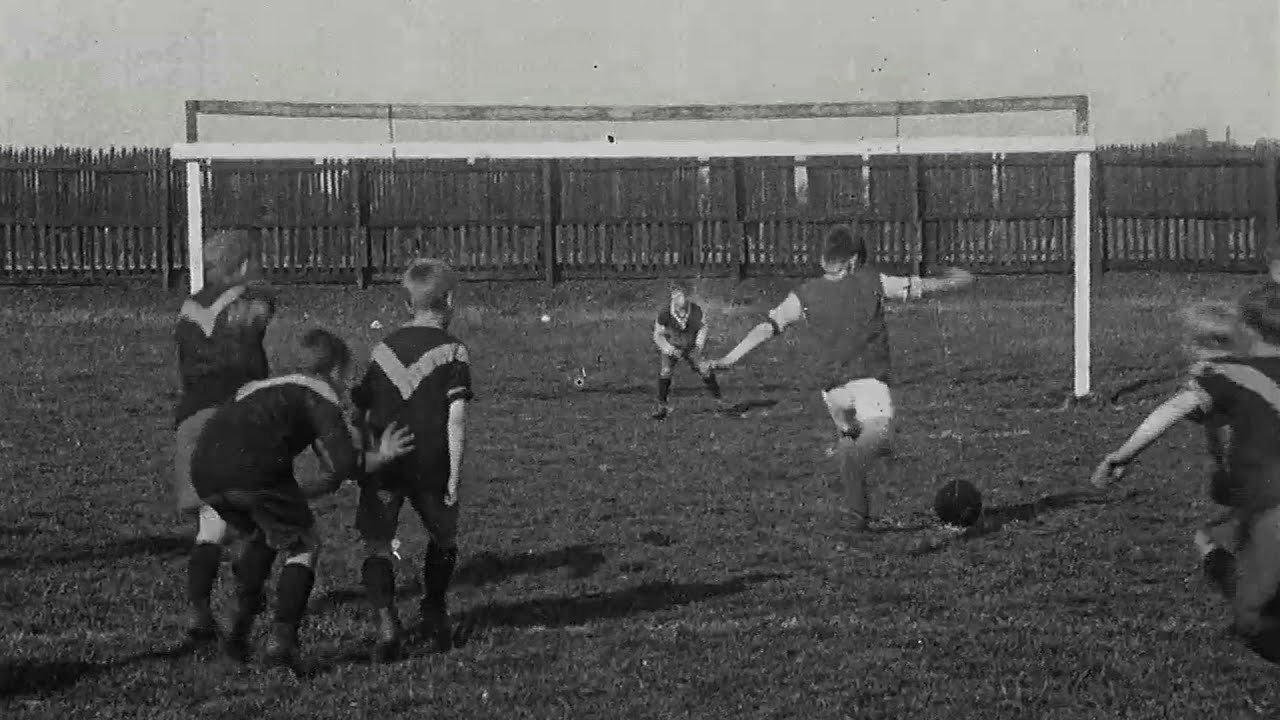
Education Week
1925
0h 35m
0.0(0 votes)
Documentary
Overview
Young scholars get busy for Newcastle-on-Tyne's 'Education Week' in the tour of Tyneside classrooms.
Production Companies

Videos & Trailers
1 video

Young scholars get busy for Newcastle-on-Tyne's 'Education Week' in the tour of Tyneside classrooms.
